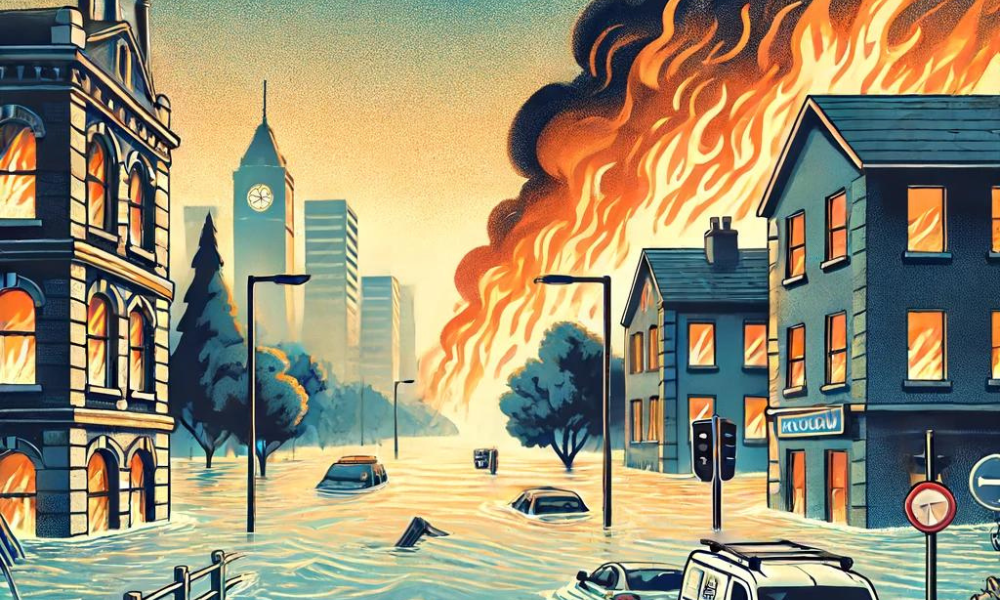How ready are businesses to tackle climate risks?

How ready are businesses to tackle climate risks? | Insurance Business New Zealand
Reinsurance
How ready are businesses to tackle climate risks?
Munich Re report surveys the landscape and overall preparedness against natural disasters
Reinsurance
By
Kenneth Araullo
Munich Re has released its Climate Risk Preparedness Survey 2023/24, underscoring significant concerns about climate change and its impact on weather-related disasters.
The survey, conducted globally, reveals varying levels of preparedness and perception regarding climate risks among companies, the public, and authorities.
The year 2023 marked the hottest year on record, with extreme temperatures contributing to severe weather events. In both the US and Europe, losses from thunderstorms reached unprecedented levels. Against this backdrop, Munich Re sought to gauge whether different sectors feel prepared for these escalating climate risks.
The survey indicates high levels of concern about climate change, though there is a noticeable gap between concern and willingness to invest in preventive measures. Respondents affected by past weather disasters expressed heightened concern and a greater readiness to invest in loss prevention.
Munich Re notes that these findings highlight areas where additional investment in preventive measures and integration of insurance mechanisms into comprehensive risk management strategies may be needed.
How prepared are businesses to tackle climate risks?
A significant majority (80%) of respondents expressed concern or great concern about the impact of climate change. Conversely, about 20% reported being either not particularly worried or had not considered it.
Regional differences are notable. In emerging economies such as South Africa, Brazil, and India, concern about climate risks is higher compared to developed economies like Japan, Germany, and China. This discrepancy may be due to the higher preparedness and financial resilience of stronger economies.
European countries, generally less exposed to extreme natural disasters, exhibit lower levels of concern. However, 2023 saw record damage from severe thunderstorms in both the US and Europe, often accompanied by tornadoes and hail.
In Japan, despite the country’s vulnerability to natural disasters, strict building regulations and a focus on earthquake risks may contribute to lower expressed concerns about climate change. Japanese respondents tend to prioritize earthquake prevention and risk awareness over weather-related disasters.
Respondents’ concerns about the negative impact of climate change on their companies mirrored their overall concerns. Senior managers (C-level) exhibited more serious worries compared to lower-level employees.
Additionally, concern about climate change’s impact on companies has increased over the past decade, particularly among managerial roles and respondents in emerging countries.
The survey’s findings indicate that pure property damage is not the primary concern for any group or region. Instead, business interruption and loss of revenue are seen as the most serious risks. For top managers, supply chain interruptions also emerge as a significant risk, leading to revenue loss and business disruption.
What are your thoughts on this story? Please feel free to share your comments below.
Keep up with the latest news and events
Join our mailing list, it’s free!






